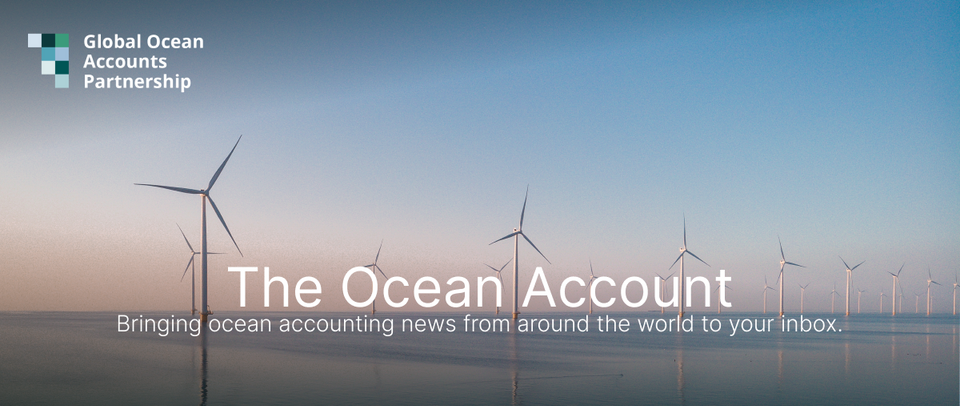Projects
Recent milestones for some of the Global Community of Practice's projects include the release of a preliminary survey of ecosystem extent and condition in Laamu Atoll, the Maldives, and the planning of an online workshop on blue carbon accounting. Learn more below:
|

